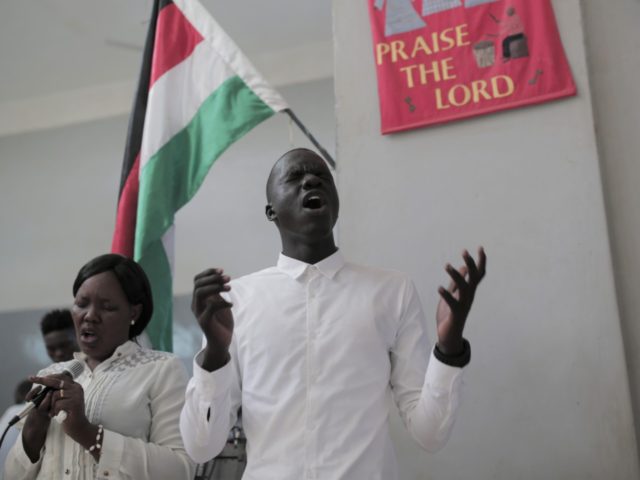Sudanese Christians are cautiously hopeful that their new civilian government will allow them the freedom long denied under the oppressive Islamist dictatorship of General Omar al-Bashir.
After a 1989 military coup, Bashir governed the country by strict Islamic rule for decades but was ousted last April after massive protests erupted over the country’s devastating economic crisis.
Last week, a civilian-majority administration was sworn in and will govern under a new, transitional constitution that no longer includes Islam in its definition of the state. The three-year constitution was adopted following a deal made between the opposition and the military generals assumed authority when Bashir was removed.
“We hope there will be change. Christians were also in the protests, they had good reason,” said Reverend Yousef Zamgila, pastor of the Lutheran church in Omdurman. “I think the darkest days are over.”
The Christian persecution watchdog group Open Doors placed Sudan at number six in its 2019 World Watch list of the worst countries to be a Christian. The organization documented how the Bashir regime intimidated Christians, destroyed churches, and arrested Christian leaders.
“The state places heavy restrictions on freedom of speech or press,” the report noted, and “Christians face constant discrimination and pressure.”
As happens under other authoritarian regimes such as China’s, the Sudanese government would routinely deny Church building permits to the Christian minority as a tool of oppression.
The regime also imposed an overarching Islamic culture in schools and the workplace, ignoring the former constitution’s written provisions on religious freedom.
“Our youths and children cannot learn about Christianity because their entire environment is made only for Muslims,” said Jacob Paulus, a 28-year-old teacher in Omdurman.
“The state has consistently followed a strategy to weaken the Church,” said Ezekiel Kondo, the Anglican Bishop of Khartoum.
All of this may be changing, however, and Christians hope that a shift toward a more pluralistic, democratic rule may give Christians and other minorities the chance to enjoy true religious freedom.
“At least now, our rulers are acknowledging Christians as part of this country,” said another Christian cleric, Rev. Mata Boutros Komi. “Christians have prayed for this change for decades; we are happy because this change has come.”
The 11-member joint civilian-military Sovereign Council sworn in on August 21 even includes a Christian woman, an encouraging sign that could never have been imagined under the Bashir regime.
“We are cautiously optimistic that the new ruling council might uphold religious freedom for minority groups,” said John Newton of the UK branch of Aid to the Church in Need (ACN), “but ultimately we will have to wait and see how events unfold.”
“If the transition’s principles are really implemented, then yes, we will have change,” said Bishop Ezekiel Kondo.
“But I am still quite pessimistic because the Islamist mentality is still here,” he said.

COMMENTS
Please let us know if you're having issues with commenting.